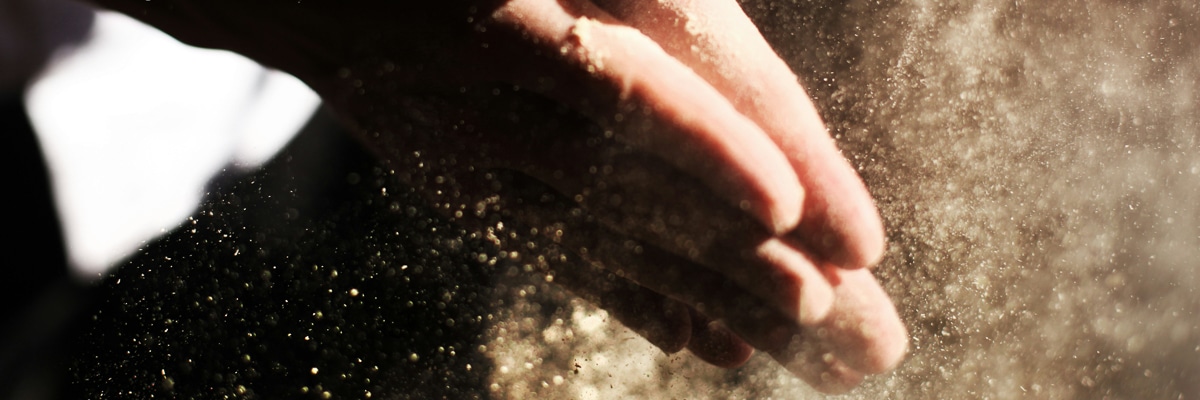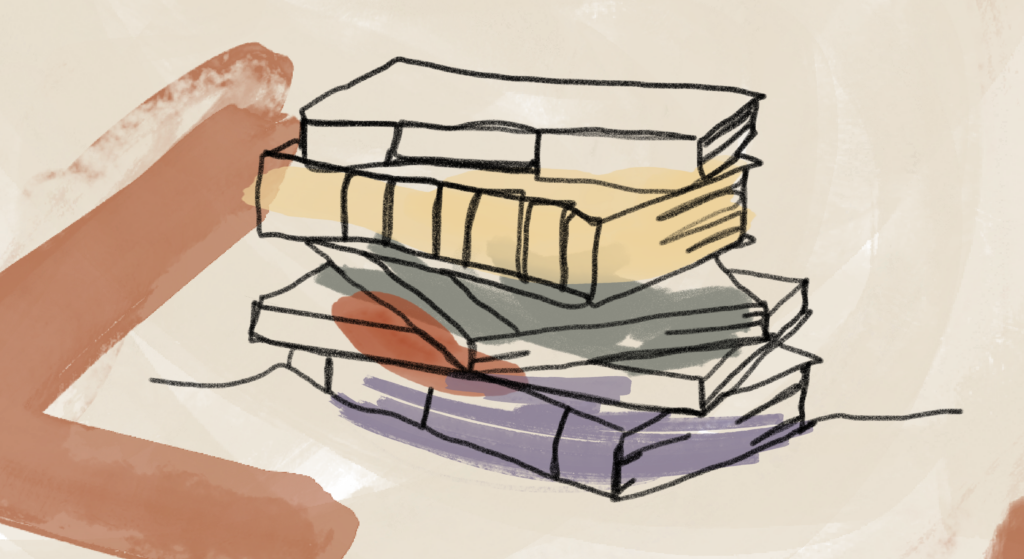
Sunday
You are the salt of the earth, but if the salt has lost its taste, how can its saltiness be restored? It is no longer good for anything, but is thrown out and trampled underfoot. You are the light of the world. A city built on a hill cannot be hid. People do not light a lamp and put it under a bushel basket; rather, they put it on the lampstand, and it gives light to all in the house. In the same way, let your light shine before others, so they may see your good works and give glory to your Father in heaven.
—Matthew 5:13–15
Monday
“Being Salt and Light” will be our theme for the Daily Meditations in 2025. It’s a contemplative way of seeing the world that leads to an active way of being in the world as a warm and loving presence, radiant with the light of love and truth, salty with justice and compassion, flavorful as salt that preserves and enhances all that is good in the world.
—Brian McLaren
Tuesday
Salt is meant to enhance, not dominate. Christian saltiness heals; it doesn’t wound. It purifies; it doesn’t desiccate. It softens; it doesn’t destroy. One of the great tragedies of historic Christianity has been its failure to understand this distinction.
—Debie Thomas
Wednesday
The gospel is not a competing ideology that’s threatened by anything outside itself. It is the light of the world that illuminates the whole household; it is the yeast and not the whole loaf; it is the salt that gives flavor and nutrition to the much larger meal.
—Richard Rohr
Thursday
To be the light of the world is to shine … in any place where there is loneliness or despair, sickness or pain.
—Amy-Jill Levine
Friday
We have to find our inner authority through Christ in us; we have to find our purpose in our love of God and neighbor, and actions of mercy and justice. Otherwise, we’re not offering anything that the world doesn’t already have or can’t find in other places.
—Richard Rohr
Week One Practice
Living from a Center of Love
Pastor Rich Villodas reminds us that anything we do on behalf of others must be done from a place of humility and love, not for the sake of our own egos:
Working for justice can become a way to justify ourselves before God. If we are not careful, the good work we give ourselves to can become another idol that takes the rightful place of Jesus. We must be on guard against the temptation to establish an identity outside of the love of God in Christ.
If we don’t live from the center of God’s love, working for justice can be just another creative way to meet the unrelenting needs of our egos. When that happens, the work for justice is no longer about the poor and mistreated but about our own unmet needs.
We work for justice not because it justifies us; rather, because we’ve been justified, we work for justice. We are called to work with urgency, knowing that the needs are great, and also with patience, convinced that God is near. We pour ourselves out in love because this is how Christ longs to live through us, but we recognize our limitations. We seek the peace of our cities and towns because we are called to be salt and light, and we confess that only Jesus will make all things new.
To have a good, beautiful, and kind life—one formed by love—requires us to extend our faith beyond the borders of our private emotional and spiritual concerns. We are called into a larger story, one characterized by participation in God’s kingdom. It’s the kind of participation that drives out passivity.
When Jesus taught his disciples to pray, he instructed them to say, “Your kingdom come, your will be done, on earth as it is in heaven” (Matthew 6:10). Is that not love? Is that not justice? To pray these words is not to passively say, “Lord, there’s nothing we can do, so please fix this world.” Rather, the Lord’s Prayer calls us to say, “Lord, there’s so much we can do, but only ever in your power.”
Reference:
Rich Villodas, Good and Beautiful and Kind: Becoming Whole in a Fractured World (New York: Waterbrook, 2022), 201–202.
Image credit and inspiration: Austin Ban, Untitled (detail), 2015, photo, Unsplash. Click here to enlarge image. Just like these hands move the dust of the world around them, we too, can influence the world—hopefully for good by being salt and light.




